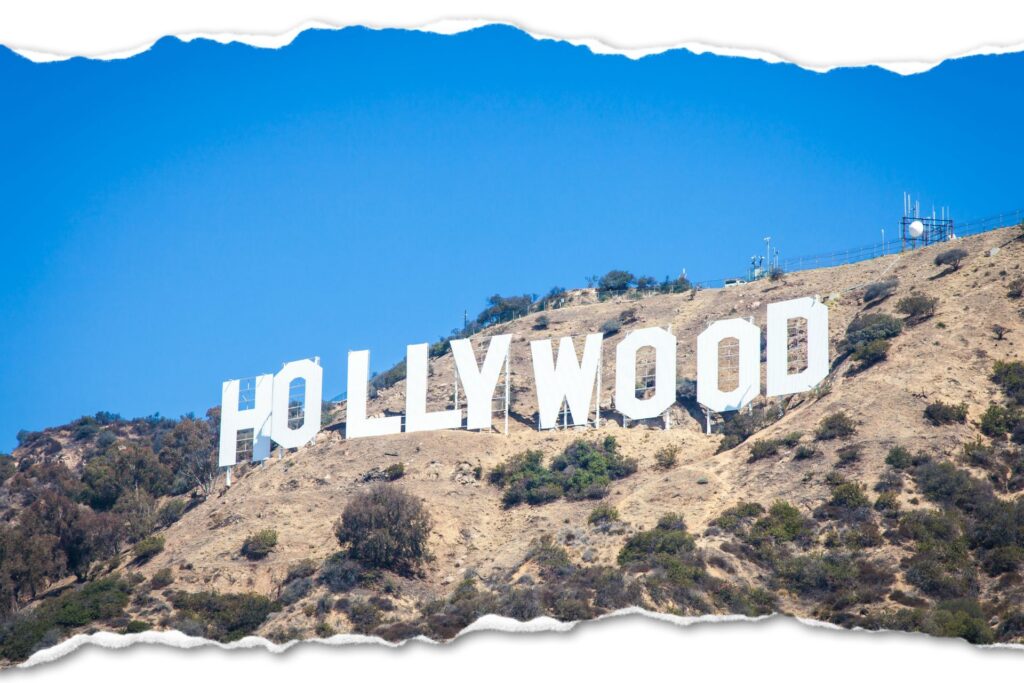
Studios Launch Landmark Lawsuit Against Midjourney
On June 11, 2025, Disney and Universal Studios took the unprecedented step of suing Midjourney, the popular AI image generator, in federal court in Los Angeles. The 110-page complaint claims that Midjourney trained its algorithms on countless copyrighted images without permission and then let more than a million users produce graphics that closely imitate—or outright copy—the studios’ most famous characters. This legal challenge could fundamentally change how we think about the data that fuels creative AI.
Hollywood Enters the AI Fray
Until now, most AI-related lawsuits have come from individual artists, photographers and writers who say their work was scraped online to train text or art generators. By contrast, Disney and Universal bring deep pockets and a reputation for fiercely protecting their intellectual property, signaling a high-stakes new phase in the battle over how AI systems source and reuse copyrighted material.
Allegations of Unlicensed Training Data
According to the filing, Midjourney’s developers fed their software a massive library of Disney and Universal imagery—from classic animations to blockbuster live-action hits—without any licensing agreements or compensation. The studios argue that Midjourney turned this collection into a paid service, charging subscription fees for users to create images (and soon videos) that incorporate iconic characters without authorization.
Fair Use Defense and Midjourney’s Response
Midjourney maintains that its training methods qualify as fair use and that the final images are the creative work of its subscribers. While the company has yet to issue a formal statement on the lawsuit, many expect it to lean on established precedents that protect data-driven AI development.
Shifting Legal Landscape Around AI
The Midjourney case arrives amid a wave of similar disputes worldwide. Last month, a group of illustrators filed suit against a rival image-generation platform, and authors and media outlets are challenging text-based AI models. In Europe, lawmakers are weighing rules that would force AI developers to disclose their training sources, while in the U.S., Congress debates how to update copyright law for the machine-learning era.
High Stakes for AI and Entertainment
For Disney and Universal, this lawsuit is about more than protecting beloved brands—it’s about setting a legal benchmark. A victory could force other AI companies to secure licensing deals or scale back their offerings. But if Midjourney prevails, it would embolden an entire sector that relies on large-scale data ingestion to power innovation.
Implications for Creators and Developers
The outcome will reverberate across creative and tech communities. A studio win might usher in an era where AI firms must negotiate rights for every image they train on. A Midjourney win, on the other hand, could affirm that large-scale training on publicly available content falls under fair use, opening the door for even more ambitious AI tools.
A Pivotal Moment in AI and Intellectual Property
Whatever the verdict, the Midjourney lawsuit marks a turning point in the conversation around AI and IP. As Hollywood flexes its legal muscle, everyone—from artists seeking fair compensation to engineers pushing the boundaries of technology—will be watching closely. This decision could chart a new course for how creativity and technology coexist in the years to come.
